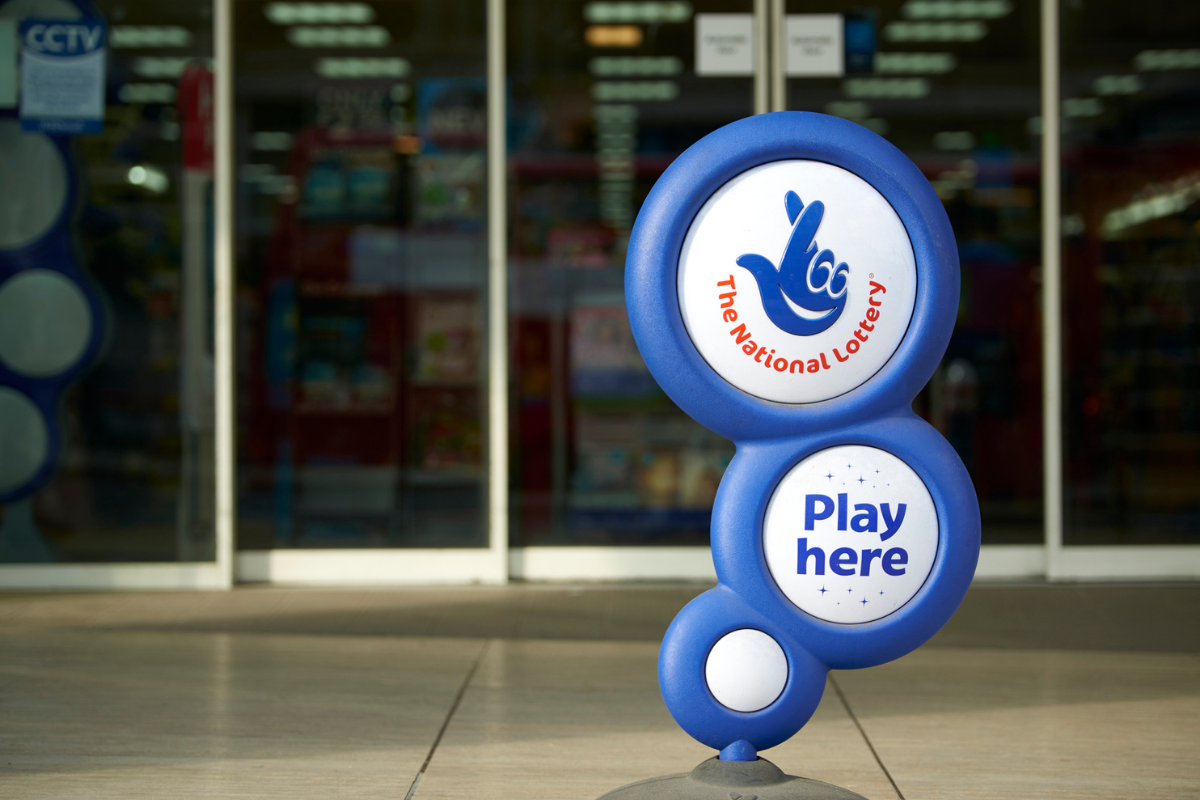
Photo: iStock
New lottery operator unable to meet pledged targets
New lottery operator Allwyn has admitted that it will not meet its original pledge on donations to good causes at the start of its decade-long licence.
Government has been asked to make up for a predicted funding shortfall in arts and culture after the new National Lottery operator, Allwyn, admitted it will be unable to meet its pledged charitable spending targets, which were the basis on which the franchise was awarded.
Speaking in a House of Lords debate on the contribution of the arts to the economy and society last Thursday (1 February), Labour Viscount Chandos said: “Today is the first day of the new lottery franchise, yet the new franchisee has already talked about struggling to match previous years’ [charitable] distribution and a delay in any increase.
“Does the Minister agree that the award of the franchise to Allwyn by the Gambling Commission appears to have been based on a false prospectus? If, as is now predicted, lottery funding for the arts and other good causes does not meet the original projections on which the franchise was awarded, will the government make up the difference through an increase in the grant-in-aid?”
READ MORE
Chandos had previously suggested the 'additionality principle' that keeps lottery and government funding distinct might be relaxed to allow for the increased distribution to good causes promised by Allwyn to be used to compensate partly for the real-term reduction in Arts Council granting.
Czech lottery business Allwyn, formerly known as Sazka, replaced Camelot as operator of the National Lottery on 1 February, marking the first time the lucrative licence has changed hands since its introduction in 1994.
The handover, which follows a contentious and protracted bidding process in which Allwyn ultimately acquired Camelot, sees the Czech company take control of the UK’s largest distributor of charity funds and the fourth-biggest procurement contract awarded by UK government in the past decade.
In its bid, Allwyn promised to raise £38bn for good causes over the next decade, £7.6bn of which would go to the arts (£760m per year). To achieve this, it planned to increase sales of draw-based games that donate a greater proportion of profits to good causes, a disparity that had posed a challenge to Camelot in recent years.
In contrast, Camelot has given £48bn over 29 years. In 2023, it donated around £375m to the arts as well as £375m for heritage.
Change of plan
However, Allwyn cast doubt over its ability to deliver on its charitable goals before it even took the reins, projecting a decrease in the first year of sales. At the end of January, the operator announced that its plans to reduce a ticket from £2 to £1 were under review.
It also revealed that it would delay the introduction of new draw-based games, impacting the money it can give to good causes in the early part of its 10-year licence.
In a statement to the Financial Times, Allwyn said it remained committed to doubling annual funding of good causes by the end of its licence in 2034.
“The only change to our plans is to the timing due to delays caused by the unsuccessful legal action brought against the Gambling Commission by others,” it added.
Join the Discussion
You must be logged in to post a comment.